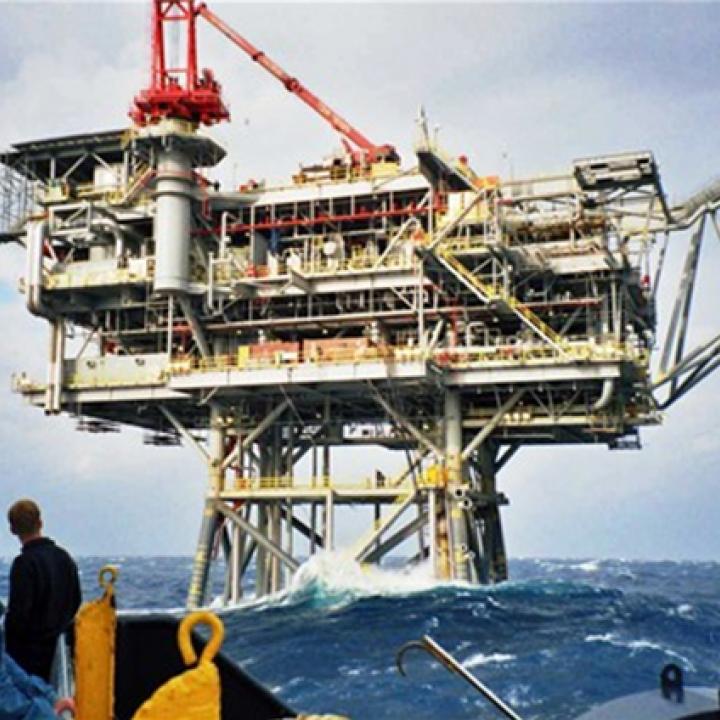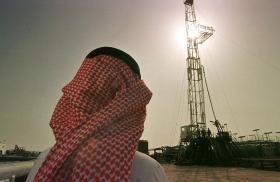
- Policy Analysis
- Policy Alert
Eastern Mediterranean Natural Gas and Jordan's Energy Options

President Obama should support regional initiatives that help ameliorate Jordan's energy problems, such as exporting natural gas from fields off the coasts of Israel and Gaza.
As President Obama prepares for next week's visit to Jordan, Israel, and the West Bank, Amman is preparing to choose who will build its first nuclear power plants. In the March 7 Financial Times, Jordan Atomic Energy Commission chief Khaled Toukan indicated that the kingdom will decide next month between bids from Russian- and French-Japanese-led consortia for two 1,000-megawatt nuclear power reactors at an estimated cost of $15 billion. He also stated that Amman would not accept any U.S. restrictions on enriching uranium fuel for the plants.
Jordan's plans are both a challenge and an opportunity for Washington. The challenge is reducing the risk of nuclear proliferation, a signature issue for President Obama. The opportunity is helping Jordan choose a better option for generating electricity, including buying natural gas from fields off the Mediterranean coast of Israel and Gaza.
While visiting Amman on March 6, International Monetary Fund deputy head Nemat Shafik stated, "Energy is the Achilles heel of the Jordanian economy, it's a huge vulnerability for Jordan." Historically speaking, she is right. The kingdom imports 97 percent of its energy and has been hard hit by a sharp reduction in supplies of Egyptian gas since 2011. As a result, its power plants have had to buy more expensive diesel fuel on the world market, contributing to a $3 billion budget deficit in 2012, equivalent to one-third of annual government spending.
Making matters worse, Amman was forced to introduce tough budgetary reforms (e.g., reduction of fuel and food subsidies) in recent months in order to meet the terms of its $2 billion IMF standby agreement, sparking street protests and political uncertainty. King Abdullah has just named his sixth prime minister in two years. To guarantee the release of the next IMF loan tranche of nearly $500 million in April, the kingdom must raise electricity tariffs, a move that is sure to trigger further unrest.
Unlike its neighbors, Jordan has few domestic energy reserves. Although large oil shale deposits offer the potential for future riches if technical and commercial barriers can be overcome, the kingdom currently relies on crude oil imports from Iraq. Plans have reportedly been made to build a major pipeline from Iraq to Jordan's Red Sea port of Aqaba, with a capacity of 1 million barrels per day. The kingdom would also be a natural customer for Iraqi natural gas, but development on that front has been slowed by political haggling in Baghdad. Other options mooted include reviving an oil pipeline from Saudi Arabia and importing liquefied natural gas (LNG) from Qatar. Ostensibly preferring energy independence, Jordanian officials have also been enthusiastically touting several renewable energy options of late, though the prospects of such efforts filling the gap appear limited at best.
Meanwhile, the possibility of Israel exporting gas to the kingdom will open later this year once the huge Tamar offshore field comes onstream. Israel views Jordan and the Palestinian territories as obvious first export customers because delivery would require only a few more miles of pipeline; its other export options are complicated, involving either long undersea pipelines or very expensive LNG plants. Yet the notion of buying gas from Israel remains domestically sensitive in Jordan, despite thriving bilateral trade and a longstanding peace treaty. Amman has indicated that talks are under way with Israel about supplying gas to the kingdom's potash plant, but the chairman of the plant itself has denied any contacts.
An Israel-Jordan gas route would also raise the prospect of including unexploited gas off the coast of Gaza. Some of that gas could be used in Gaza itself, to replace a polluting local power station, but the remainder could be sold to Jordan. Should talks progress along those lines, one problem would be how to ensure that commercial returns flowed to the Palestinian administration in Ramallah rather than the Hamas officials who control Gaza.
Washington has already made clear to Amman that it opposes the kingdom's development of nuclear power, particularly any plans to enrich uranium. President Obama's upcoming visit is an ideal opportunity to show support for regional cooperation that could ameliorate Jordan's energy problems. It is also a chance to combat political rhetoric -- and ill-conceived ideas -- that inhibit logical energy options.
Simon Henderson is the Baker fellow and director of the Gulf and Energy Policy Program at The Washington Institute. David Schenker is the Institute's Aufzien fellow and director of the Program on Arab Politics.



